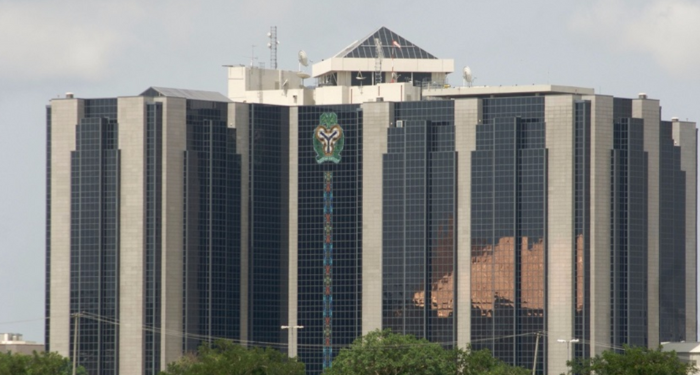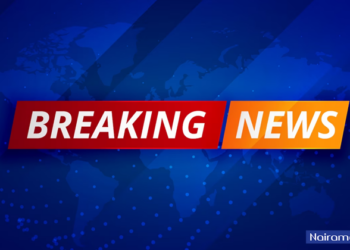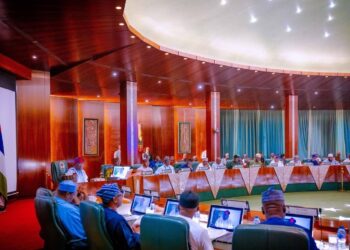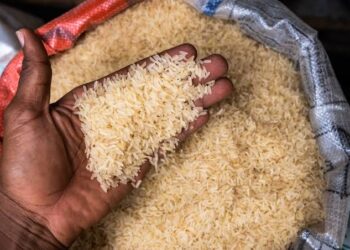Nigeria recorded a balance of payment (BOP) surplus of $6.83 billion in 2024, marking a sharp reversal from consecutive deficits posted in the prior two years.
The latest figures, released by the Central Bank of Nigeria (CBN), signal a broad-based resurgence in the country’s external finances, aided by wide-ranging macroeconomic reforms, stronger trade flows, and a renewed sense of investor confidence.
The BOP, which measures the country’s financial transactions with the rest of the world, swung from a deficit of $1.21 billion in 2023 to a $6.83 billion surplus in 2024, underpinned by a sharp improvement in the current and capital account positions.
This comes months after Nigeria reported a $5.14 billion current account surplus in the first nine months of 2023, which analysts at the time said could provide support for Nigeria’s external reserves and the exchange rate.
That backstory, detailed in a previous Nairametrics article, foreshadowed the broader turnaround now reflected in the full-year BOP data for 2024.
Trade gains drive recovery
According to the CBN’s data, Nigeria’s current and capital account posted a combined surplus of $17.22 billion in 2024, up significantly from $2.59 billion in 2023.
- The bulk of the gains came from trade, where a rebound in exports and a contraction in imports boosted the country’s trade balance.
- Goods trade posted a surplus of $13.17 billion in 2024, aided by a 48.3% surge in gas exports and a 24.6% rise in non-oil exports.
- On the import side, petroleum imports fell 23.2%, while non-oil imports declined by 12.6%, both reflecting the combined effect of FX liberalisation, reduced consumption of imported goods, and efforts to improve local production.
Diaspora remittances also played a pivotal role in boosting Nigeria’s external position.
- Personal transfers into the country rose by 8.9% to $20.93 billion, while inflows through International Money Transfer Operators (IMTOs) surged by 43.5% to $4.73 billion—reflecting growing confidence in official channels.
- Additionally, Nigeria received $3.37 billion in official development assistance, a 6.2% increase year-on-year, suggesting stronger global support for the economy amidst ongoing reforms.
External reserves strengthen
The rebound in the country’s external sector was also visible in its reserve position. Nigeria’s external reserves climbed by $6 billion to close the year at $40.19 billion—its highest level in nearly three years.
- The reserve build-up was aided not only by the BOP surplus but also by improved FX inflows from foreign portfolio investments and development finance institutions.
- Net errors and omissions—a proxy for untracked financial flows—dropped by 79.5%, which the CBN attributed to improvements in data quality, reporting standards, and inter-agency coordination on financial statistics.
Reform agenda credited for gains
Much of the credit for the turnaround has been directed at the government’s reform efforts.
Since 2023, Nigeria has embarked on a series of macroeconomic reforms including the liberalisation and unification of the foreign exchange market, the removal of fuel subsidies, and the tightening of monetary policy to tame inflation and stabilise the naira.
In his remarks, the CBN Governor, Olayemi Cardoso, said:
“The positive turnaround in our external finances is evidence of effective policy implementation and our unwavering commitment to macroeconomic stability. This surplus marks an important step forward for Nigeria’s economy, benefiting investors, businesses, and everyday Nigerians alike.”
A balance-of-payment surplus is expected to support Nigeria’s exchange rate over the coming quarters, provided reform momentum is maintained and global conditions remain favourable.
What next?
Looking ahead, the sustainability of the BOP surplus will depend on global oil prices, the pace of non-oil export growth, and whether Nigeria can continue to attract foreign capital.
While the reforms have started yielding positive results, further structural changes may be needed to fully unlock Nigeria’s potential.
However, recent developments present challenges to this positive trajectory. The naira has experienced significant depreciation, closing above N1,600 all week long, despite the Central Bank of Nigeria’s over $400 million intervention aimed at stabilizing the currency .
This decline highlights the persistent pressures in the foreign exchange market, suggesting that the balance of payments surplus has yet to translate into consistent naira stability.
Additionally, escalating global trade tensions, launched by Donald Trump, have introduced new complexities.
- On April 8, 2025, the United States Trade Representative criticized Nigeria for imposing import bans on 25 product categories, including beef, pork, poultry, fruit juices, medicaments, and spirits.
- These restrictions have been labeled as significant trade barriers, potentially limiting U.S. market access and reducing export opportunities .
- Such international disputes could impact Nigeria’s trade relations and economic outlook, emphasizing the need for diplomatic engagement and policy adjustments to navigate the evolving global trade environment.
The 2024 balance of payments data offers a strong indication that macroeconomic stability is returning after years of turbulence. However, addressing the challenges posed by currency depreciation and international trade relations will be crucial to sustaining and building upon these gains.























